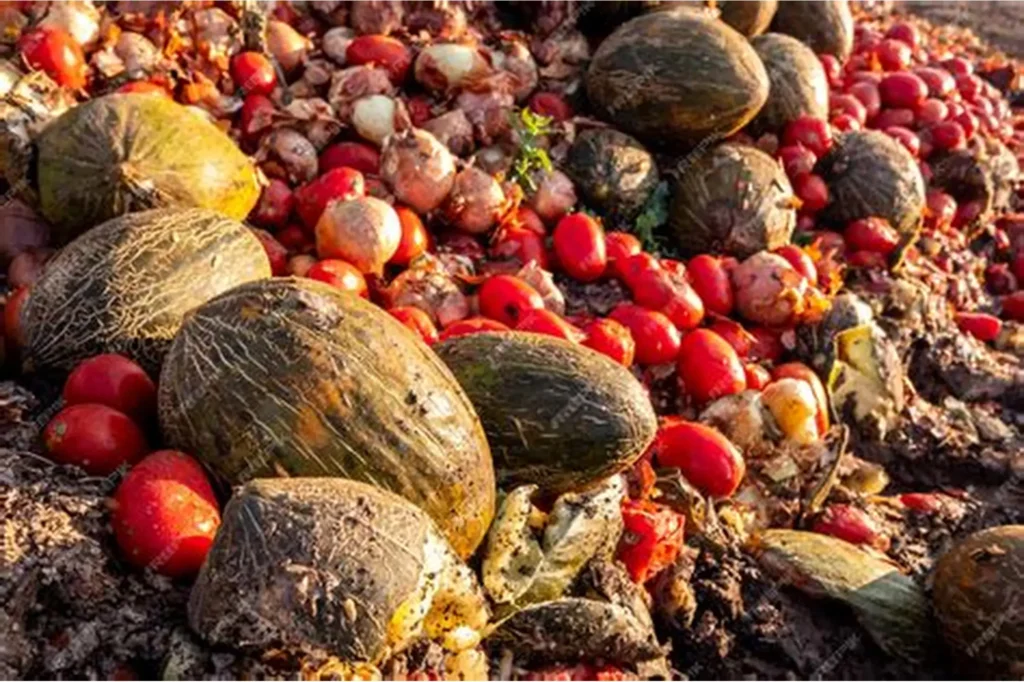A growing wave of food contamination incidents is raising alarm among public health officials, consumer advocates and local communities, as unsafe handling practices and weak regulatory oversight fuel increasing risks at markets, eateries and food processing points.
Across several regions, reports of contaminated staples including vegetables, grains, meat and street-vended meals have surged. Health experts warn that exposure to harmful chemicals, bacteria and poor hygiene standards is contributing to a rise in food-borne illnesses, placing vulnerable households at even greater risk.
Investigations by local authorities indicate that inadequate storage, cross-contamination, improper waste disposal and the use of unsafe additives are among the driving factors behind the trend. Public health workers say the pattern highlights long-standing gaps in monitoring systems and enforcement capacity.
Communities have also voiced growing concern, with families reporting cases of severe stomach infections and other complications linked to food purchased from unregulated vendors. Analysts warn that without urgent, coordinated action, the threat will continue to expand, undermining both public confidence and national health outcomes.
Officials are now calling for stronger inspections, better education for food handlers and stricter compliance measures across the supply chain to curb the surge in contamination and restore safety standards.


